Public Chargers Are Not Safe, Warns FBI
Our society is mobile: From smartphones to laptops, work can go wherever we do, as long as there’s charge left in the batteries. However, you shouldn’t charge your devices just anywhere, as the FBI warned last week. You may be familiar with the USB chargers found in public spaces these days. They’re quite common all over airports: You might sit
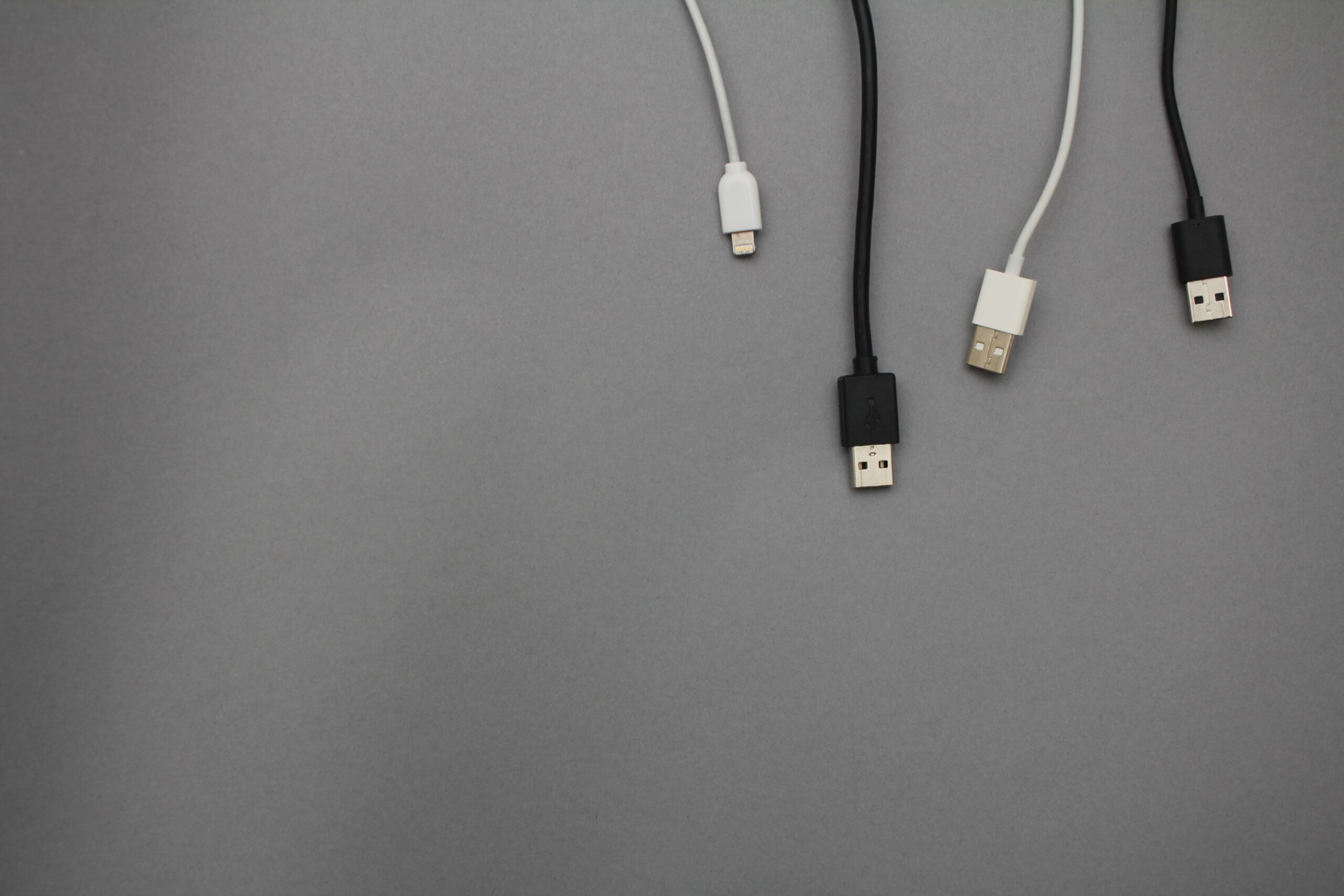
Our society is mobile: From smartphones to laptops, work can go wherever we do, as long as there’s charge left in the batteries. However, you shouldn’t charge your devices just anywhere, as the FBI warned last week.
You may be familiar with the USB chargers found in public spaces these days. They’re quite common all over airports: You might sit down at a restaurant to find a USB port free to use. There might even be a cable conveniently offered to charge your smartphone. However, you should abstain from charging here whenever possible.
The Denver branch of the FBI tweeted a warning last week against using these public chargers. As it happens, bad actors can infect these chargers with malware, which can then install on your smartphone when you connect the two. It’s called “juice jacking,” and while the FBI doesn’t specify how common it is, the fact that it’s possible should give you pause before using one of these public USB chargers.
Luckily, there are simple ways to stay safe. For one, public outlets are fine to use: Just plug your own power adapter and USB cable into the wall, and you’re good to go. Portable batteries are another great option. If you know you’re going to be using a public USB charger, buy a USB cable that doesn’t allow for data transfer. Finally, always choose “charge only” or “don’t trust” pop-ups on your smartphone whenever plugging into anything other than a personal device. That will prevent the device from installing anything to your phone.
Share This
More Articles

Jul. 23, 2024
Watch Out for Wire Transfer Fraud
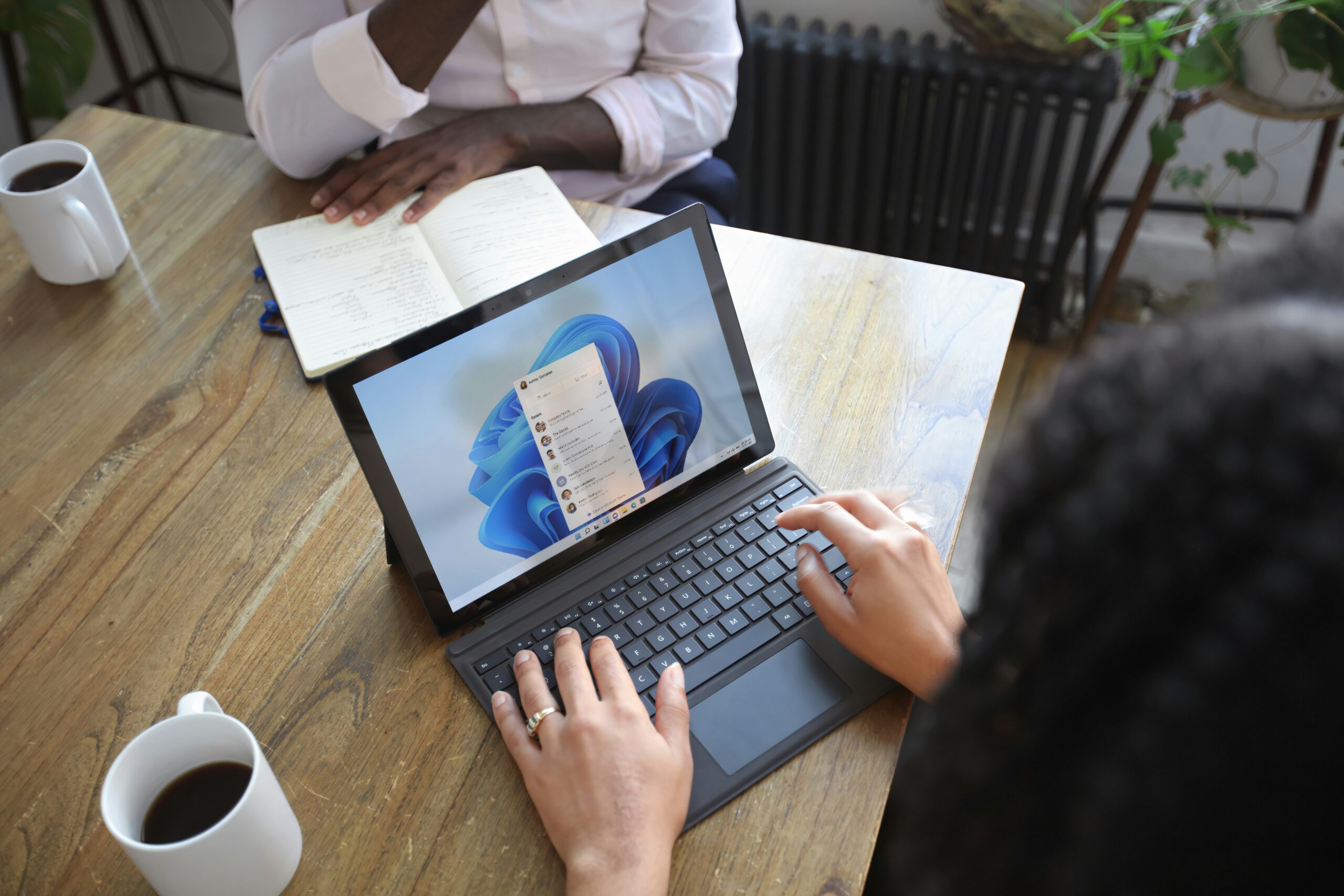
Jul. 23, 2024
What Are Business Email Compromises?
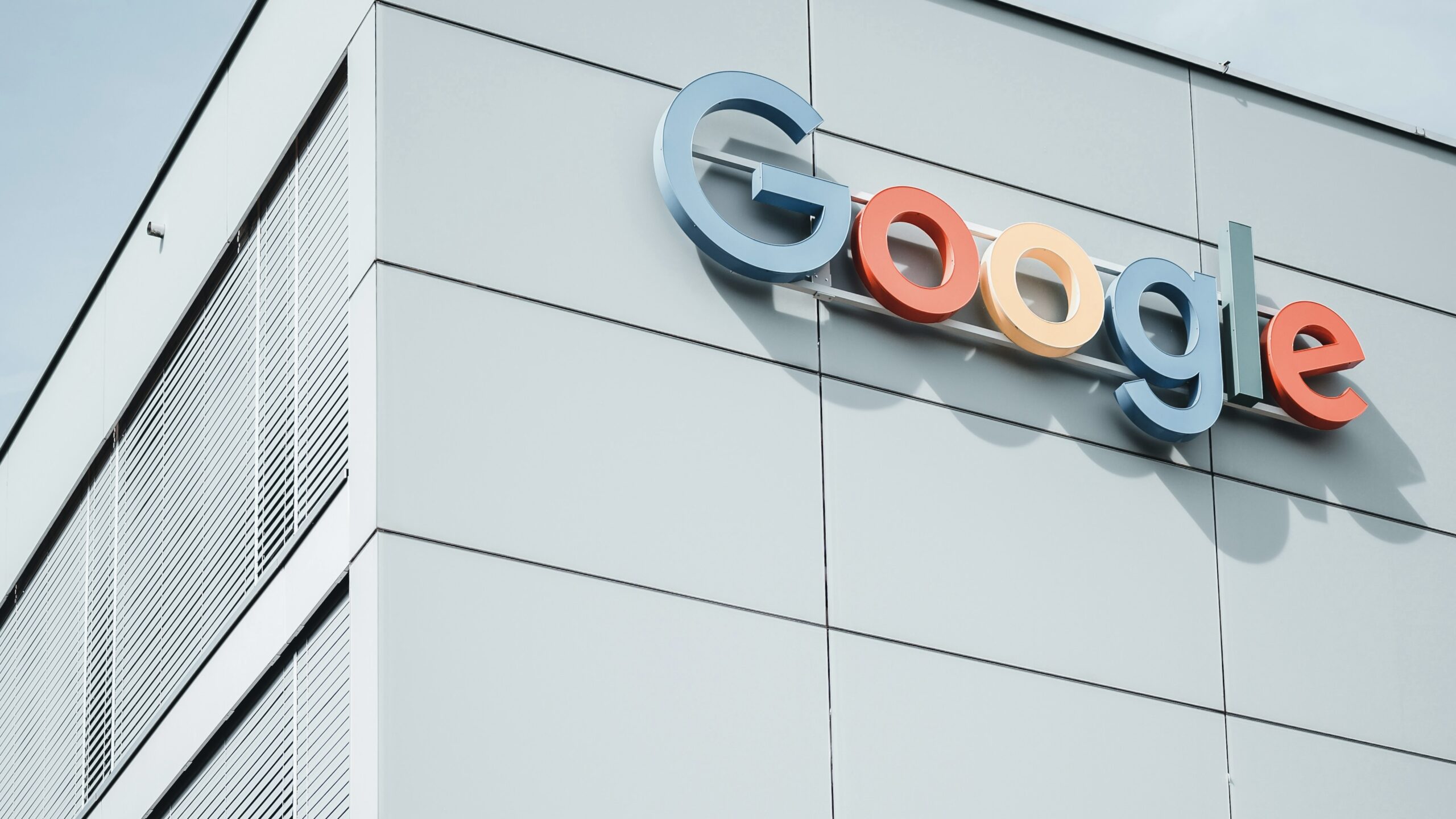
Jul. 16, 2024
Google Might Spend $23 Billion to Acquire a Cybersecurity Startup
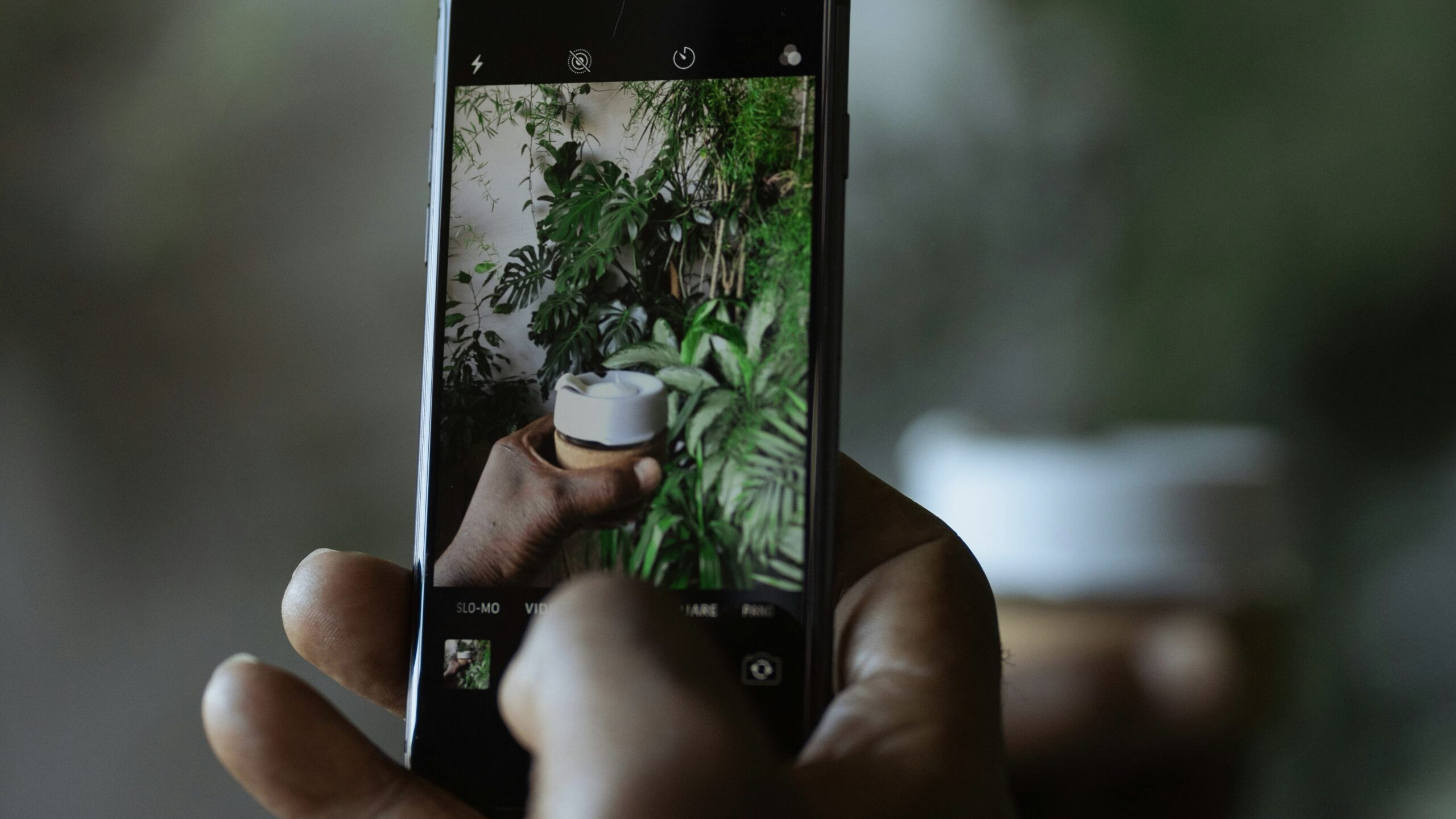
Jul. 16, 2024
Did You Know Your iPhone Can Identify Plants and Animals?
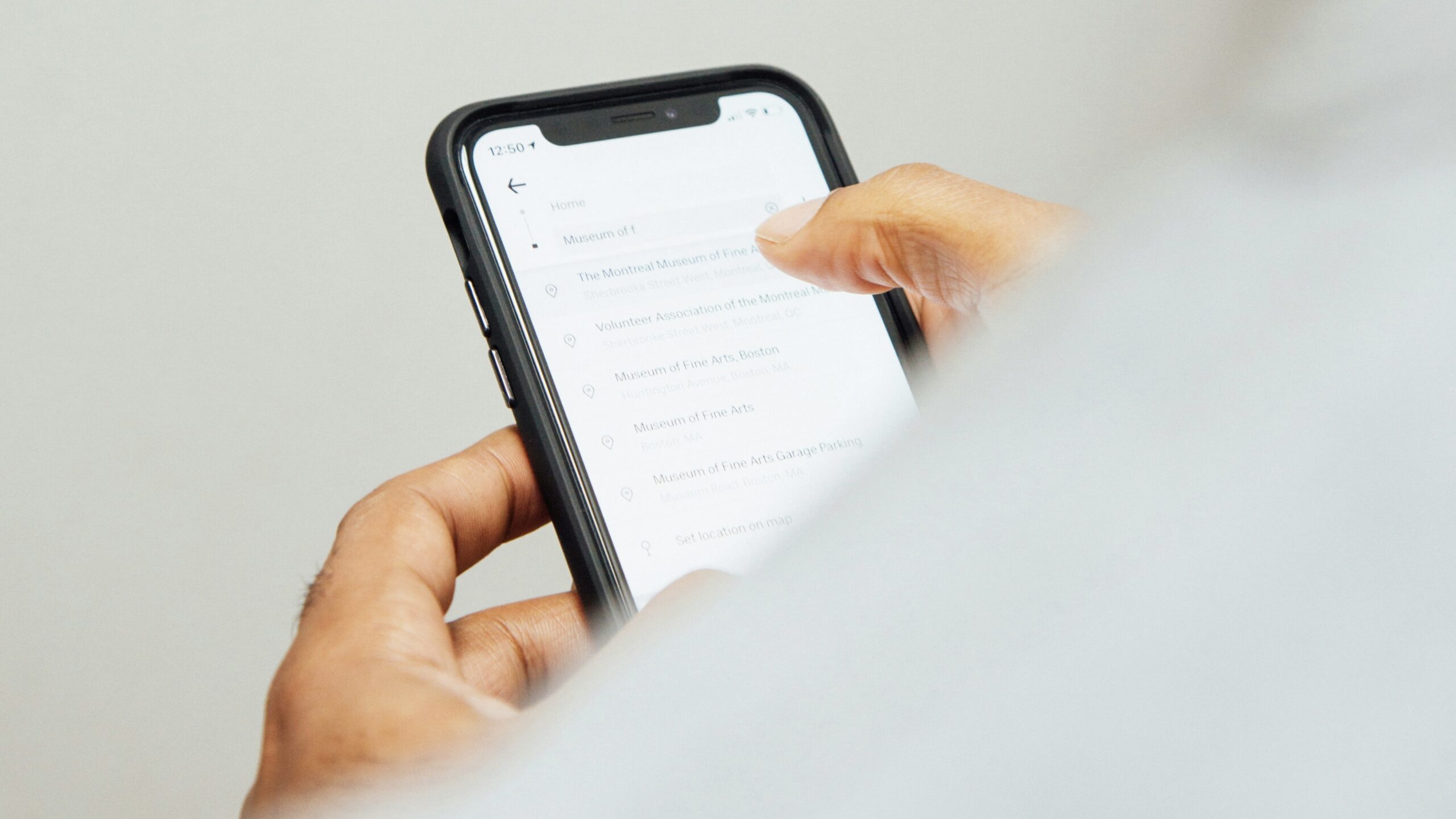
Jul. 08, 2024
Did You Know Your iPhone Can Read Things to You?
View All
